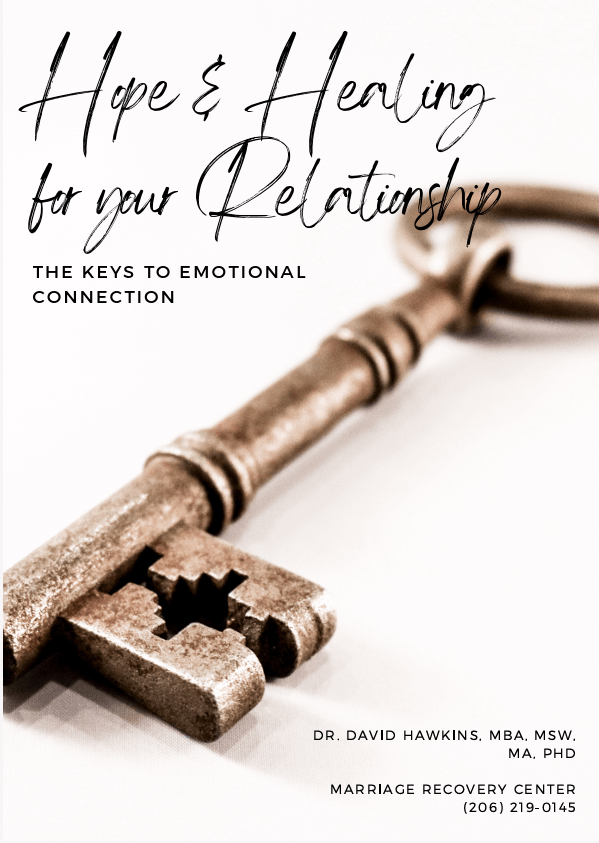Over decades of working with people in many capacities and from all walks of life, I have seen that people need time and space to struggle with and learn from their old habits and patterns and to integrate newer, healthier ideas into their lives. The key words here are space and struggle—concepts that often make a person’s spouse quite uncomfortable. So, why does someone need space from their partner in order to grow?
Is Checking in with Your Spouse Hindering Their Growth?
As I was ending a call the other day, my client mentioned that he would be checking in with his wife immediately after he hung up with me to tell her all about our time together—what we talked about and what he learned. He mentioned that she would be involved in every part of his process to make sure he felt supported and was doing his work.
On first glance, this kind of connection sounds positive and healthy. But what if there were times when this close dynamic was the very thing holding a person back from embracing productive change?
Take, for example, the couple referenced above. They’re currently living apart due to the husband’s problems with controlling his anger and being honest. Staying overly connected to his wife and having her manage his process, which is really what she’s doing, presents a couple of significant risks.
It May Prevent Cognitive Reframing—A Change in Perspective
Cognitive Behavioral Therapy (CBT) is one of the most effective therapeutic approaches and, more or less, the approach I take in counseling. The hallmark of CBT is that thoughts and perceptions influence behavior, and by restructuring and reframing perceptions, a person can change belief systems and, ultimately, behavior.
The process of reframing is pretty straightforward:
- understanding and identifying common cognitive errors
- developing better mental awareness
- challenging conclusions
- upgrading faulty beliefs
But a key challenge to developing the perspective to see one’s life differently is simply having enough time and space to see things differently. For example, a meditation retreat, road trip, or vacation are all adventures in perspective-shifting because the person is taking themselves away from normal life. But if the very thing someone needs to gain greater perspective on is their spouse and their marriage, then maybe what they need more than anything else is enough time and space away from that person to be able to see things differently.
It May Prevent Favorable Responses to Stressors
A key component to the growth of any organism is hormesis, a term which means a biologically favorable response to a stressor. Everyday examples of this are working out, calorie restriction, and exposure to sunlight. All of these activities, when done in moderation, elicit a positive biological response. However, if you measured biomarkers like blood pressure, levels of lactic acid, and C-reactive protein (inflammatory response) during and immediately after a workout, you’d conclude that working out is terrible for you! But the reason we do it is that the gains from the recovery and regrowth phase far outweigh any temporary damage.
Personal growth work is the same. To improve and implement better personal patterns requires going through deep self-reflection that only comes from experiencing adversity. But if you, as the supportive, nurturing spouse, are having trouble allowing your partner to deeply struggle with themselves and their process, and you keep swooping in to mitigate and alleviate their pain, then you may be keeping them from the very growth you so desperately want for them.
Not Your Business
Byron Katie, a well-known author and speaker, says it well, “There are three types of business in the world: mine, yours, and God’s…much of our stress comes from living outside of our own business.” Our partner’s process is their business and God’s business—not ours.
Psychology and biology show that if we don’t allow our spouse their process, even if we’re doing it out of love, we risk keeping our partner (and eventually ourselves as well) from realizing the full benefits and joy that come from a healthy relationship—first with ones’ self and then with others. If your spouse needs someone to walk through their process with them or if you’re having a hard time giving them time and space, we’re here to help! Contact us and one of our Client Care Specialists will help you figure out how the Marriage Recovery Center can best help you in your situation.








